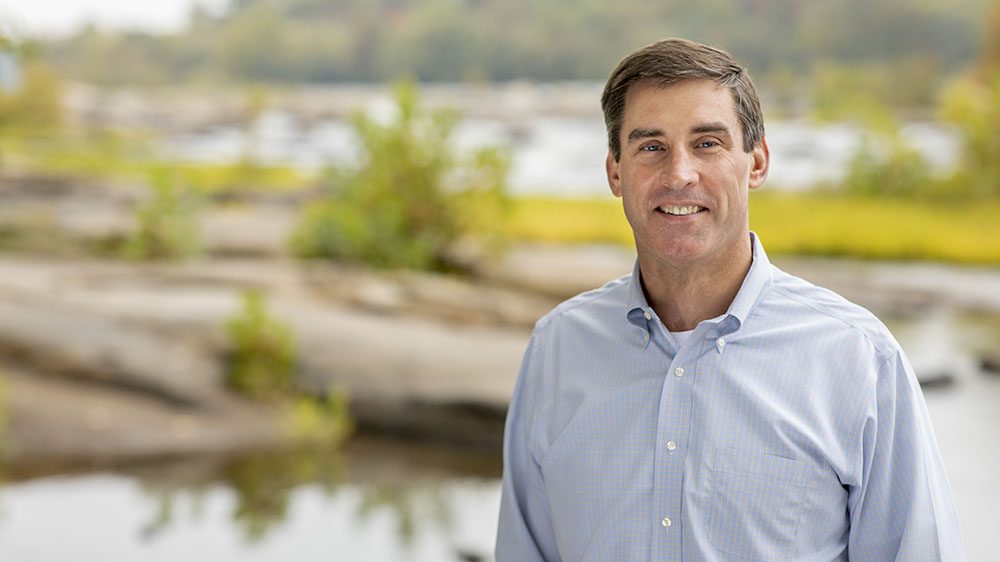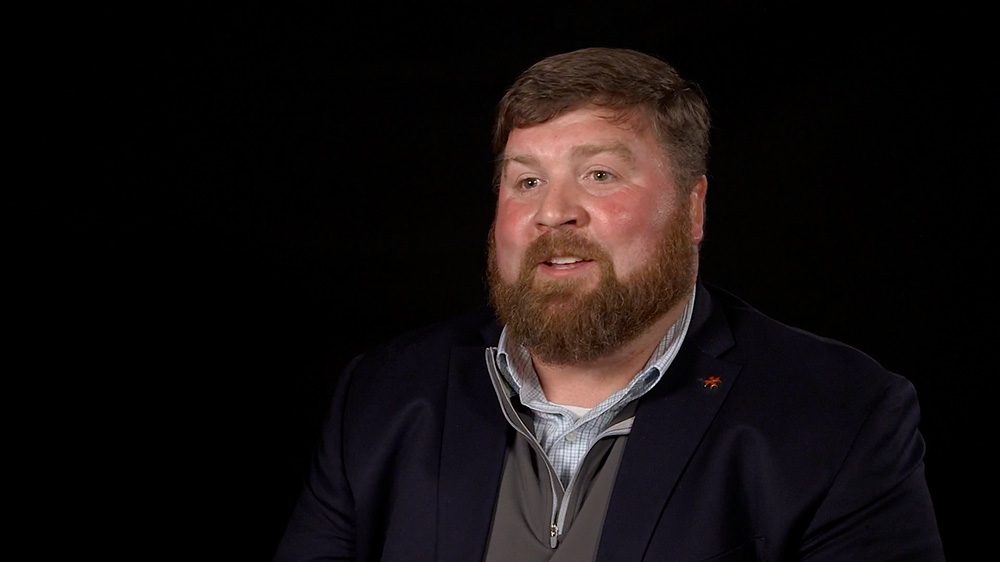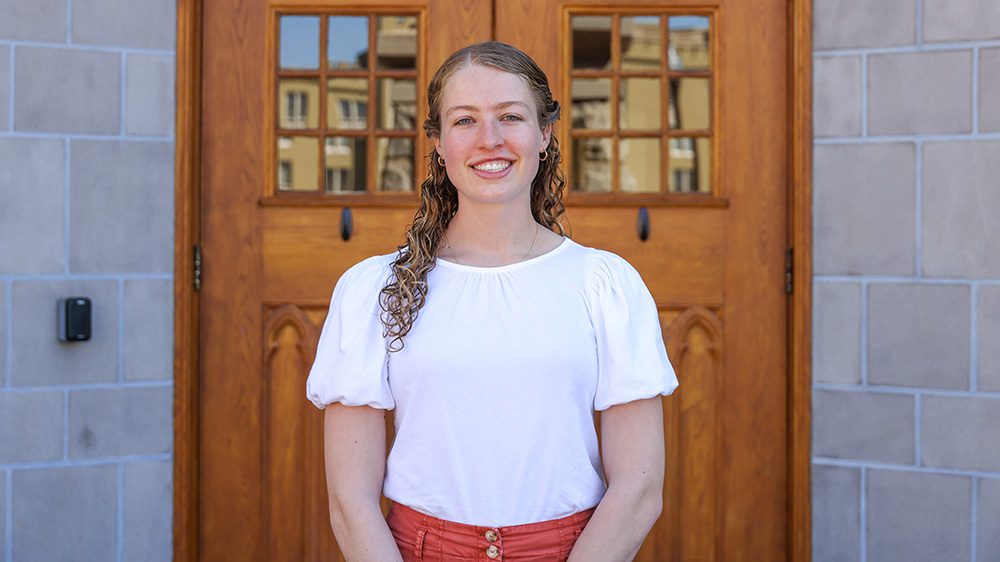Swider has never settled down long term with any of the companies with which he has worked. “I like being intellectually challenged,” he explains. “Every three to five years, therefore, I blow it up and go to something different. That helps keep me sharp and agile.”
Fostering innovative companies developing technologies is a thread that runs through his career. Asked what makes a company one he wants to help, he replied he first looks at their founders’ character. “They must be focused and committed, ready to put everything on the line. The employees and the company leadership must all be in it together. Ninety percent of new companies will fail without that level of commitment.”
Another important trait Swider looks for is an openness to learn—and not just from mistakes. He often has worked with companies that have developed a certain technology but not yet transformed it for commercial use. “There is a time and place for R&D,” he says, “but to grow, you need a quality product to sell at the right price point.” This often happens, he explains, when dealing with purely technically focused people. “They might be brilliant inventors, but they don’t understand the process of getting a product or service to market.”
The need to change or mentor personnel is another important aspect of running a business. “The team that gets you to 20 employees often won’t get you to 200, and those who get you to 200 usually won’t get you to 2,000.”
So, what was it about Terravive that made him commit to it in 2019? The first thing was the founder’s sense of mission. “A mission is a lot more than a goal; it indicates people are more passionate, more driven to do whatever it takes to succeed. When I met Julianna, she told me that, ever since she started the company in 2015, her mission was to reduce the use of single-use plastics globally and produce American jobs.”
Both elements appealed immediately to Swider. “When I was in the Navy, we’d encounter mini-islands of plastic waste at sea, and when I am hiking, I find it all over the place.” Furthermore, plastic remains in the environment for hundreds and thousands of years. “I visited my parents’ house not too long ago, and in the woods behind it, I found a plastic sand pail that I had used as a boy.”
While plastics (polystyrene) don’t deteriorate in the environment as, say, paper does, they do break into ever-smaller pieces. Known as microplastics, they are easily ingested by animals and humans. In fact, according to Swider, on average, people will eat, drink, or breathe in 44 pounds of microplastics in their lifetimes.
Recycling is not a viable solution for numerous reasons, according to Swider, and maybe it never was. “It was a sham that worked as long as China was buying our trash.” In mid-2018, however, China declared it would no longer accept recyclable trash from the United States—up to 4,000 shipping containers daily. Some of the waste has been diverted to other countries, but the United States lacks the infrastructure to recycle the remainder, meaning a lot of it ends up in landfills.
Terravive offers something of a solution by manufacturing such products as drinking straws, cutlery, take-out containers, bags, and film using plant-based materials. They all degrade in the environment within three to six months and are compostable. According to Swider, one customer recently ordered 12 truckloads of products, diverting 600 tons of plastic waste from the environment. “That’s very satisfying.”
All the company’s products are domestically made. This reflects what its website declares as “a core pillar of our company”—and Keeling’s founding vision. “A strong country can exist only with a commitment to a strong manufacturing sector,” said Swider. “Unfortunately, a lot of people were happy to ship our industrial capacity—and jobs—to China. That’s not good for our economy because it skews the entire system,” he continued, “and it’s not good for national security because, in case of conflict, our supplies of critical items will stop immediately.” The raw materials used in Terravive’s products are grown or produced domestically, and all products are made in the United States. “That means we can assure our clients we have very secure supply lines.”
Although Terravive now supports about 1,000 American workers and has steadily rising sales, Swider admits it still has its challenges. He pointed out that, regardless of the growing knowledge of plastics’ environmental impact, they have been so prevalent for so long that people and companies don’t give them much thought. Swider and his colleagues, therefore, must educate people on why a commitment to plastics reduction is important. But education will be worthless if their replacements aren’t cost-competitive. “A lot depends on the sophistication of procurement professionals,” explains Swider. “If they believe it is the right thing to do, they tell us they’ll make up additional cost on the margins or over the products’ lifecycle.”
Asked what might surprise people about Terravive, Swider said that even though the company’s business is technology-driven, it is also relationship-driven. “We like to meet people, be they clients or suppliers. We want to build a sense of trust and mutual respect, and the best way to do that is to visit in person.” For this reason, Swider and Keeling spend roughly 60% of their time on the road.
Throughout his career, Swider has drawn upon the lessons he learned as a cadet. “Resiliency is something you develop as a cadet, especially as a rat. You’re going to face challenges throughout your life, and you need to figure out how to handle them. To accomplish things and conquer mountains, you must be resourceful, and VMI teaches you that, too.”
“Business is a game of ‘3-D chess.’ You need to think ahead, to consider all contingencies. In short, you need to plan, and the demands of cadet life teach you to do that.”
Finally, Swider says he always keeps in mind the words in the main arch, “You may be whatever you resolve to be.”
“That applies to your cadetship and your life after barracks because you swiftly learn that it is up to you and only you to focus, lean into the future, and to resolve to be successful in life, in whatever form you define success.”





